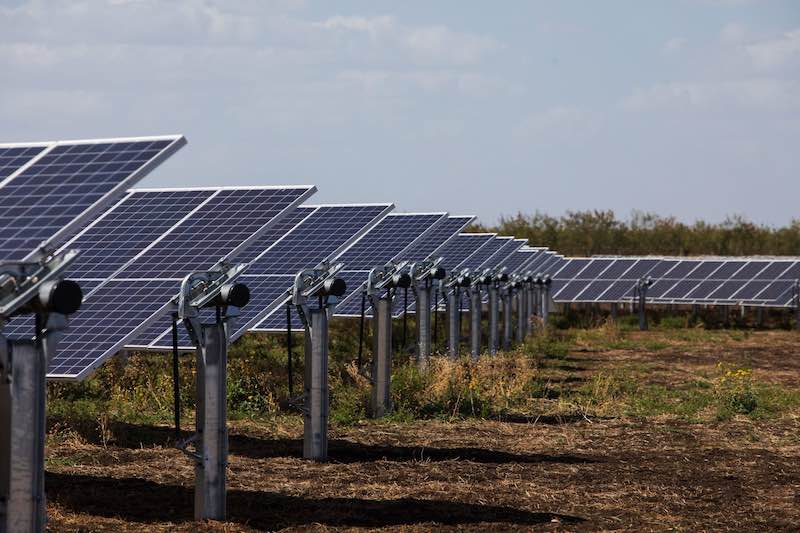

One of Australia’s first major community renewable projects, a 1.3MW solar farm co-owned by 400 locals in and around the ACT’s Majura Valley, is set to be generating power by Christmas after securing an engineering and construction partner for the job.
Epho Commercial Solar said on Wednesday that it had signed a contract with the project’s developer, SolarShare, to design and build the community solar farm planned for Canberra’s Majura District.
“We have now entered the detailed design phase and are excited to commence construction in August,” said Axel La Toison, Epho’s Senior Project Manager, responsible for the project.
“The solar farm will start generating clean, renewable energy before Christmas this year.”
The project has been in the pipeline for more than five years now, having first sought development approval from the ACT government back in 2015.
At that time, it was to be Australia’s largest community-owned solar farm at 1MW, producing around 1.9GWh of renewable electricity a year – enough energy to power up to 250 homes.
More than four years later, the slightly larger 1.3MW project (2.4GWh a year) was given the all-clear for development, as well as for a feed-in tariff to sell the solar farm’s output on the wholesale energy market for 19.5 cents per kilowatt-hour.
At the time, SolarShare said the tariff, which was guaranteed for 20 years, provided the long-term stability needed to underpin the flagship renewable energy project. The EPC contract with Epho this week delivers the final piece to the puzzle.
“We needed a partner who understood the complexity of the project and would work with us through the challenges of a community solar farm,” said Lawrence McIntosh, SolarShare’s principal executive officer.
“Epho had been supporting our efforts for a couple of years, so the Epho Team was the most compelling choice of solar company in terms of costs, results, and risks for the execution phase of our solar farm.”
Epho is certainly not averse to undertaking complete solar projects. In May of this year, the company completed a 1.7MW “urban solar plant” built with ARENA backing to demonstrate the “tens of gigawatts” of potential for solar power generation on Australia’s industrial rooftops.
The Bright Thinkers Power Station (BTPS), installed across 31,457 square metres of new warehouse rooftop owned by logistics giant DHL in Sydney’s west, will use “switching technology” developed in partnership with Siemens, to play both sides of the meter.
The technology works to segregate electricity through two separate channels, which it does dynamically using an algorithm based on solar PV output, electricity wholesale market and tenant demand.
It can then direct the solar energy generated either partially or fully to the consumer on site, or to trade directly on the National Electricity Market (NEM).
“SolarShare needed a reliable and capable partner for the size of this project and Epho perfectly fitted these criteria since we have designed, constructed, and also operate many industrial solar power stations of this size around the country,” said Epho managing director Oliver Hartley in a statement on Wednesday.
“We have successfully delivered hundreds of projects in the industrial space up to 6MW in size.”
“We are very happy to play our role in this exciting project, where the community comes together to make a difference and to drive Australia’s clean recovery”, said Matt Scaddan, Epho’s head of business development. “We hope it will inspire similar activities across the country”.
Sophie is editor of One Step Off The Grid and deputy editor of its sister site, Renew Economy. Sophie has been writing about clean energy for more than a decade.
This post was published on June 24, 2020 2:53 pm
US energy economist says we have got our electricity tariffs all wrong, by focusing almost…
Wayne Smith from the Smart Energy Council on what to expect from the federal home…
Both major political parties are being urged to cut the price of household solar batteries…
Solar expansion project at major Australian airport takes it past its target to self-generate 15%…
Chinese solar manufacturing giant says it has developed the world’s first industrial-standard PV module delivering…
Australian hardware and garden store giant says it has reached 100 per cent renewables, with…